Beyond the Sugar Bowl: 6 natural sweeteners that are better for you
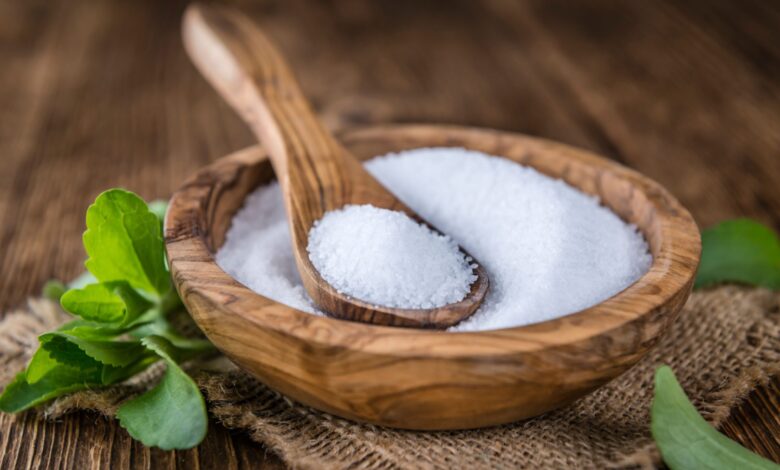
In our ever-growing quest for healthier living, one culprit often looms large: refined sugar. It’s in so many of our favourite treats, but the health implications of overindulging are clear. The good news? You don’t have to banish sweetness from your life entirely! Turns out, nature offers a cracking selection of alternatives that can satisfy your sweet tooth while bringing some genuine benefits to the table.
Let’s have a proper natter about six natural sweeteners you can happily swap into your cooking and cuppas, offering more than just empty calories.
1. Stevia
This natural sweetener comes from the leaves of the Stevia rebaudiana plant, originally from South America. It’s astonishingly sweet – we’re talking anything from 50 to 300 times sweeter than regular sugar – so a tiny pinch goes an incredibly long way. What makes Stevia a standout is its zero-calorie count and the fact that it doesn’t cause a spike in your blood sugar levels.
Ghana stars Mohammed Kudus, Kamaldeen Sulemana, and Ernest Nuamah were spotted dancing in white outfits at Black Sherif’s sold-out London concert, taking a break from their transfer drama. Watch video below…
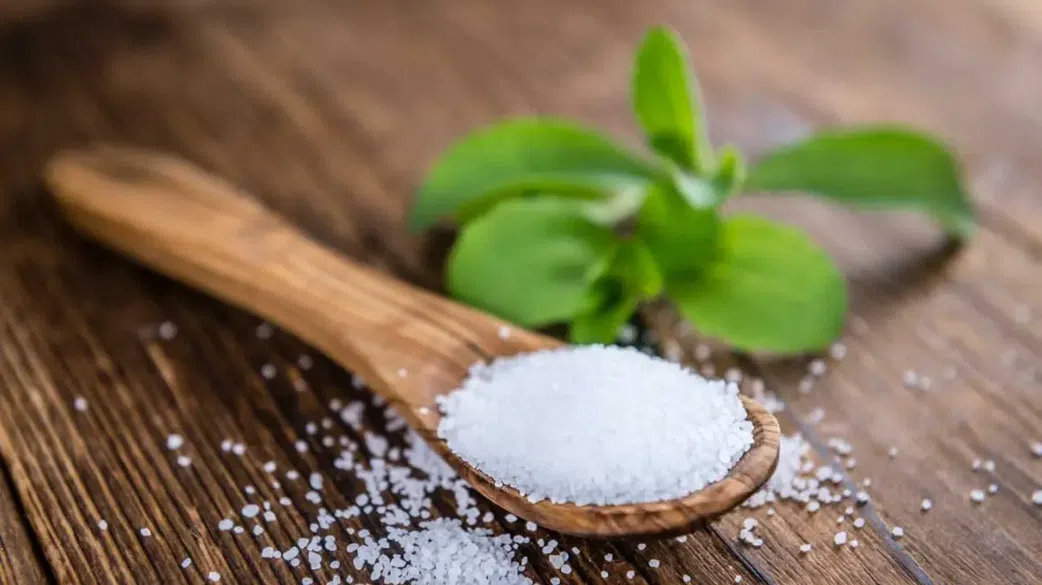
This makes it an absolute boon for anyone managing diabetes or simply trying to keep their energy levels stable. While often processed, look for purer forms like stevia leaf extract to get the best benefits, though be aware some commercial products might be blended with other sweeteners.
READ ALSO: Did you know that you can survive without some of your human organs?
2. Erythritol
You might have heard of erythritol, and perhaps even seen it listed on ingredient labels. It’s a sugar alcohol that occurs naturally in some fruits, like grapes and pears, and even in fermented foods. The erythritol you’ll find in the shops is typically produced through fermentation. It’s about 70% as sweet as sugar, making it a fairly good like-for-like substitute in many recipes.
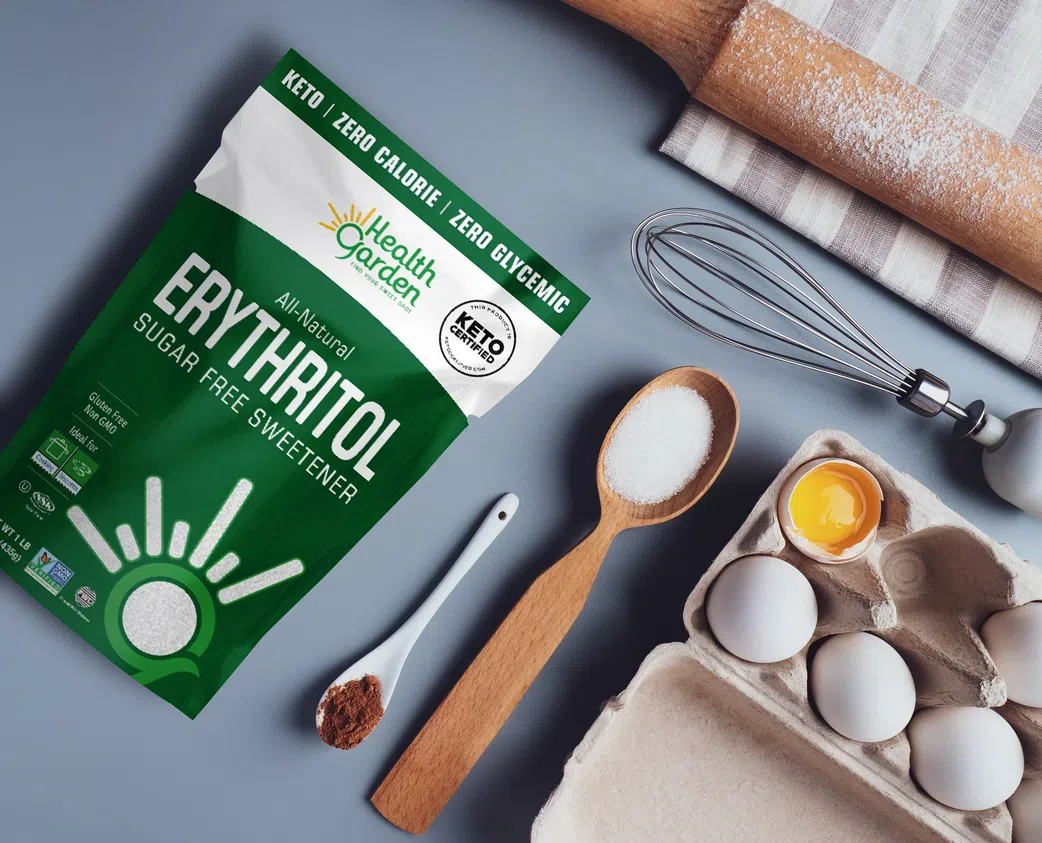
The beauty of Erythritol is that it’s extremely low in calories (nearly zero) and, crucially, doesn’t impact your blood sugar or insulin levels. Most of it gets absorbed into your bloodstream and then simply passed out unchanged in your urine, which means it’s generally easier on the digestive system than some other sugar alcohols, provided you don’t overdo it.
ALSO READ: Beautiful ways to enjoy romance without a partner
3. Xylitol
Another popular sugar alcohol, Xylitol is naturally found in many fruits and vegetables, and commercially extracted from plants like birch or corn. It boasts a sweetness profile very similar to regular sugar, making it a doddle to swap in at a 1:1 ratio in your recipes. What’s particularly brilliant about xylitol is its dental health benefits; it’s well-known for helping to reduce the risk of cavities and can even boost saliva production, which is fantastic for oral hygiene.
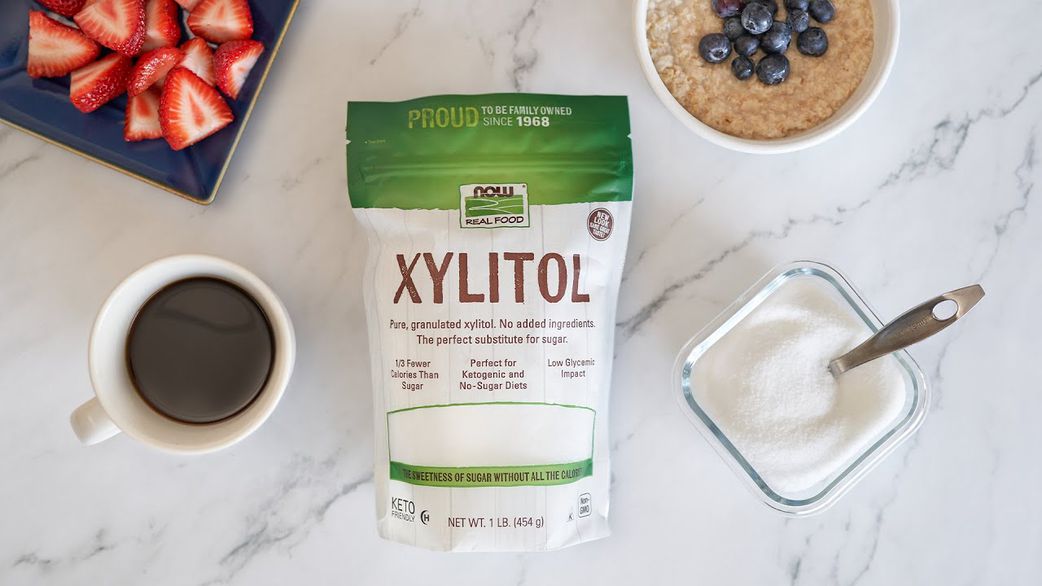
Like erythritol, it has about 40% fewer calories than sugar and won’t send your blood sugar soaring. Just a friendly heads-up: while great for humans, it’s highly toxic to dogs, so keep it well away from your furry friends!
ALSO READ: tips to make your basic outfits look more expensive
4. Monk Fruit Sweetener (Luo Han Guo)
Hailing from Southeast Asia, Monk Fruit (also known as luo han guo) is a small melon whose extract is an incredibly potent sweetener – up to 250 times sweeter than sugar, thanks to special compounds called mogrosides.
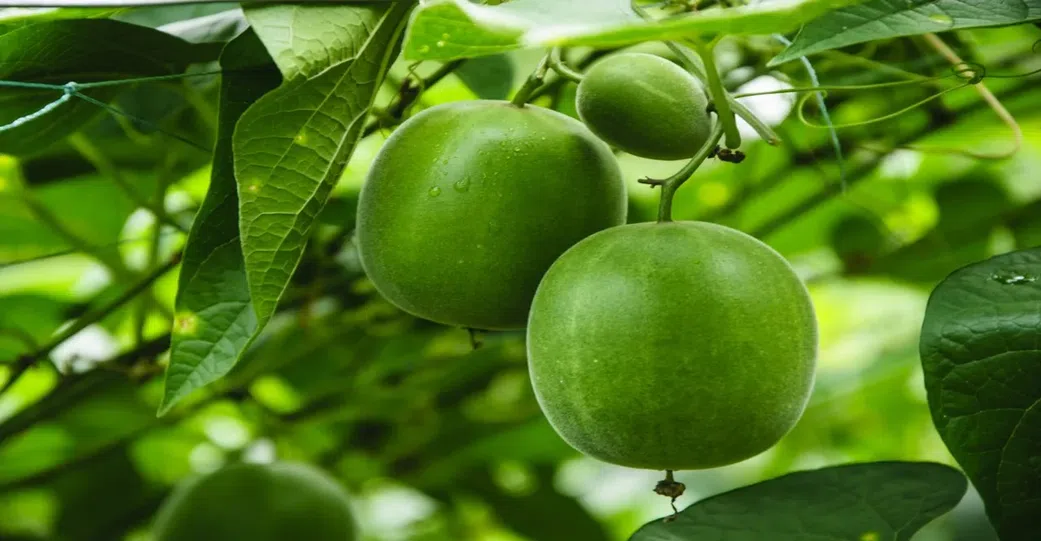
This makes Monk Fruit Sweetener another cracking zero-calorie, zero-carb option that has no effect on blood sugar levels. It’s a superb choice for managing weight or for individuals with diabetes. Beyond just sweetness, monk fruit is also celebrated for its antioxidant properties, which are believed to offer anti-inflammatory benefits to your body.
READ ALSO: Effective ways to get your money back from your friend without ruining the friendship
5. Dates and Date Syrup
Moving away from the ‘zero-calorie’ options, we come to dates, which are glorious in their natural, whole form. These dried fruits are inherently sweet, and you can blend them with water to make date syrup or paste. What sets Dates apart is that they’re a whole, unprocessed food. This means that alongside their natural sugars, they bring a generous helping of dietary fibre, vitamins, and essential minerals like potassium and magnesium.
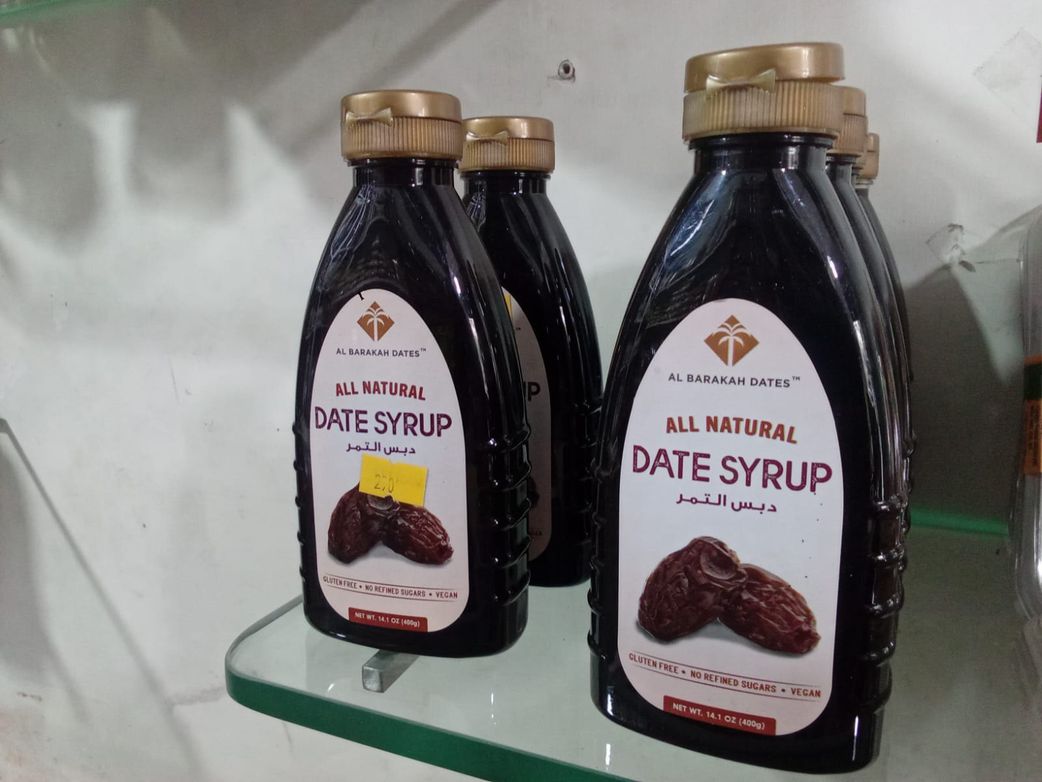
The fibre helps to slow down the absorption of sugar into your bloodstream, leading to a much steadier rise in blood glucose compared to refined sugar. They’re ace for adding natural sweetness to smoothies, porridge, energy balls, and even some baking.
READ ALSO: Thoughtful ways to support your friend’s business (beyond just buying something)
6. Honey (especially Raw, Local Honey)
A timeless classic, Honey is bees’ incredible gift to us, a traditional sweetener with a wonderfully complex flavour profile that changes depending on the flowers the nectar came from. While honey does contain natural sugars (fructose and glucose), it’s far more than just a sweet treat. It’s packed with antioxidants, enzymes, and trace minerals that are often completely absent in refined sugar.
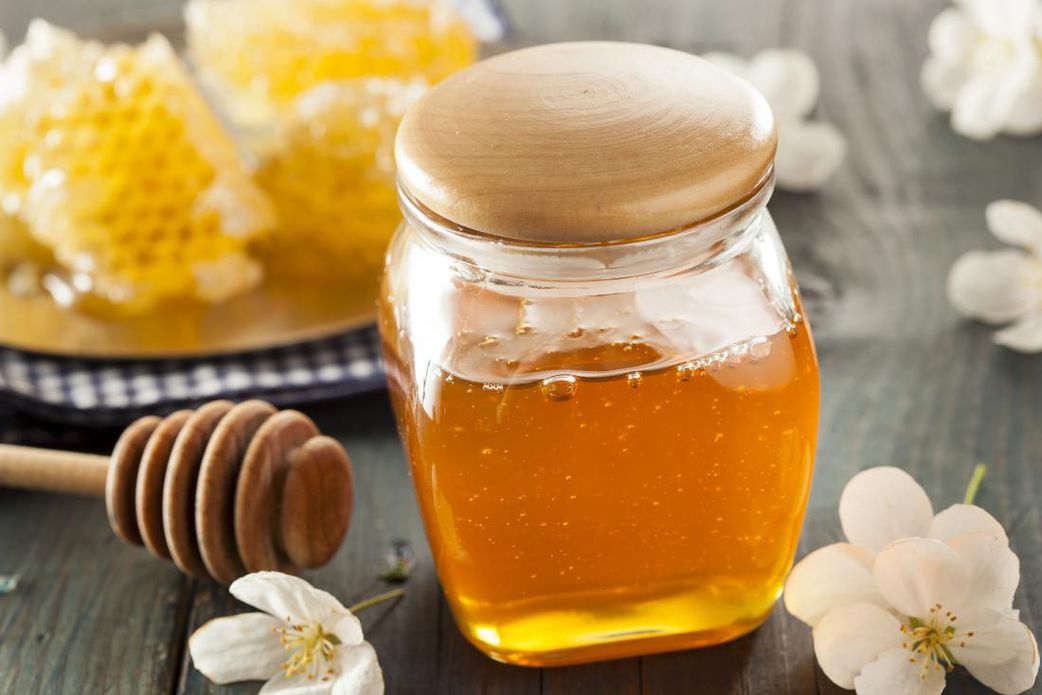
Opting for raw, local honey, if you can get it, means you’re likely getting more of these beneficial compounds. It’s also generally sweeter than sugar, so you often need less to achieve the same level of sweetness, making it a slightly more nutritious choice for your cuppa or drizzled over breakfast.
READ ALSO: largest military bases in the world
So there you have it! While moderation remains key with any sweetener, choosing these natural alternatives can be a brilliant way to satisfy your sweet tooth while also giving your body a little extra something. Why not give one a whirl in your next meal?






